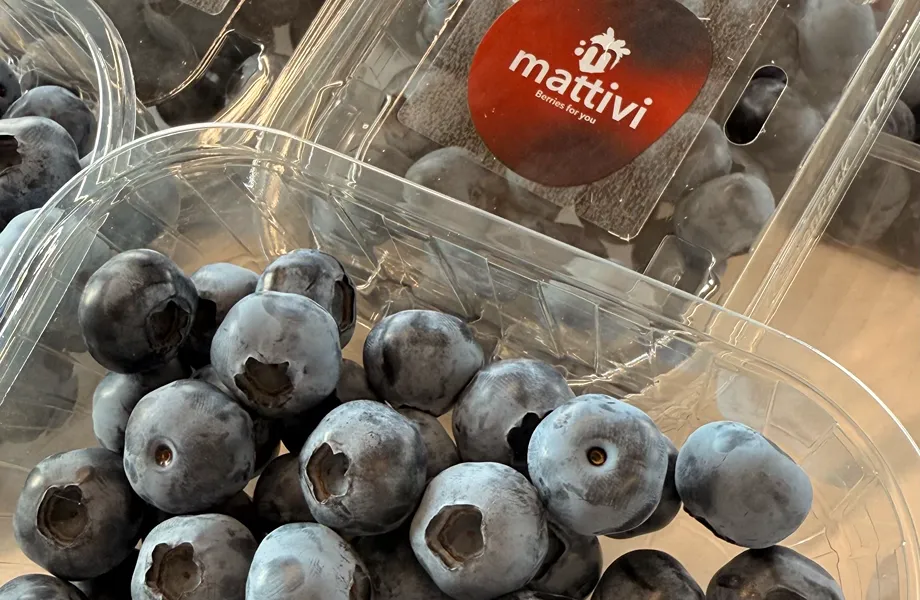In a world where stress seems to be an inevitable part of daily life, finding natural ways to combat its effects is more critical than ever. A recent study published in the Journal Nutrients has shed light on a delicious solution: berries. Researchers delved into the relationship between berry consumption and physiological dysregulation caused by stress responses, and the results are promising for our overall health and well-being.
Understanding the Study
The study, conducted using publicly available data from the National Health and Nutrition Examination Survey (NHANES), focused on adults in the United States from 2003 to 2010. Researchers examined a concept known as allostatic load (AL), which measures the cumulative impact of stress on various physiological systems within the body.
What is Allostatic Load?
Imagine stress as a heavy load that our bodies carry. This load affects different parts of our body, including the cardiovascular, autonomic, metabolic, and immune systems. When stress becomes chronic or intense, it can lead to dysregulation in these systems, which manifests in various health conditions like heart disease, diabetes, and even mental disorders.
The Power of Berries
Berries, those small, colorful fruits we often enjoy in pies, smoothies, or simply fresh off the vine, contain potent compounds like polyphenols and flavonoids. These compounds have antioxidant properties that help combat inflammation and protect our bodies from the harmful effects of stress.
Study Findings
The researchers hypothesized that individuals who consume more berries would have lower AL scores, indicating less physiological dysregulation due to stress. Their findings supported this hypothesis. Adults who regularly consumed berries, including strawberries, blueberries, or other varieties, had significantly lower AL scores compared to non-consumers.
What the Results Mean
Lower AL scores suggest a reduced risk of stress-related diseases. The benefits of berry consumption were dose-dependent, meaning the more berries people ate, the lower their AL scores tended to be. This association held true even after accounting for various factors like age, diet, and lifestyle.
Specific Benefits of Different Berries
Different types of berries seemed to offer unique benefits. For example, blackberry consumers had lower levels of triglycerides and C-reactive protein (CRP), while cranberry juice consumers had lower pulse rates and fewer white blood cells. Blueberries, strawberries, and raspberries were associated with improvements in various metabolic markers like fasting glucose and insulin levels.
Looking to the Future
While these findings are promising, further research is needed to confirm and expand upon them. Scientists hope to explore different populations and methodologies to strengthen our understanding of how berries can support our health in times of stress.
Conclusion
In essence, incorporating more berries into our diets could be a simple yet powerful way to promote resilience against the negative effects of stress on our bodies. Whether enjoyed as a snack, added to meals, or blended into a refreshing drink, these little fruits pack a punch when it comes to supporting our overall health and well-being. So, next time you reach for a snack, consider reaching for some berries—it could be your body's way of saying thank you for the stress relief!
Source: News Medical








